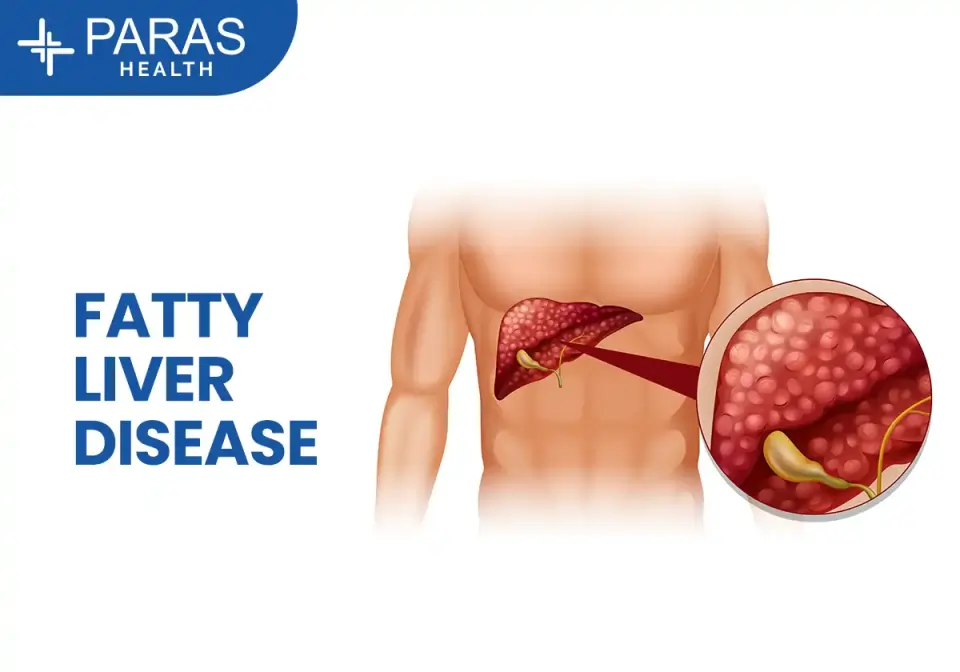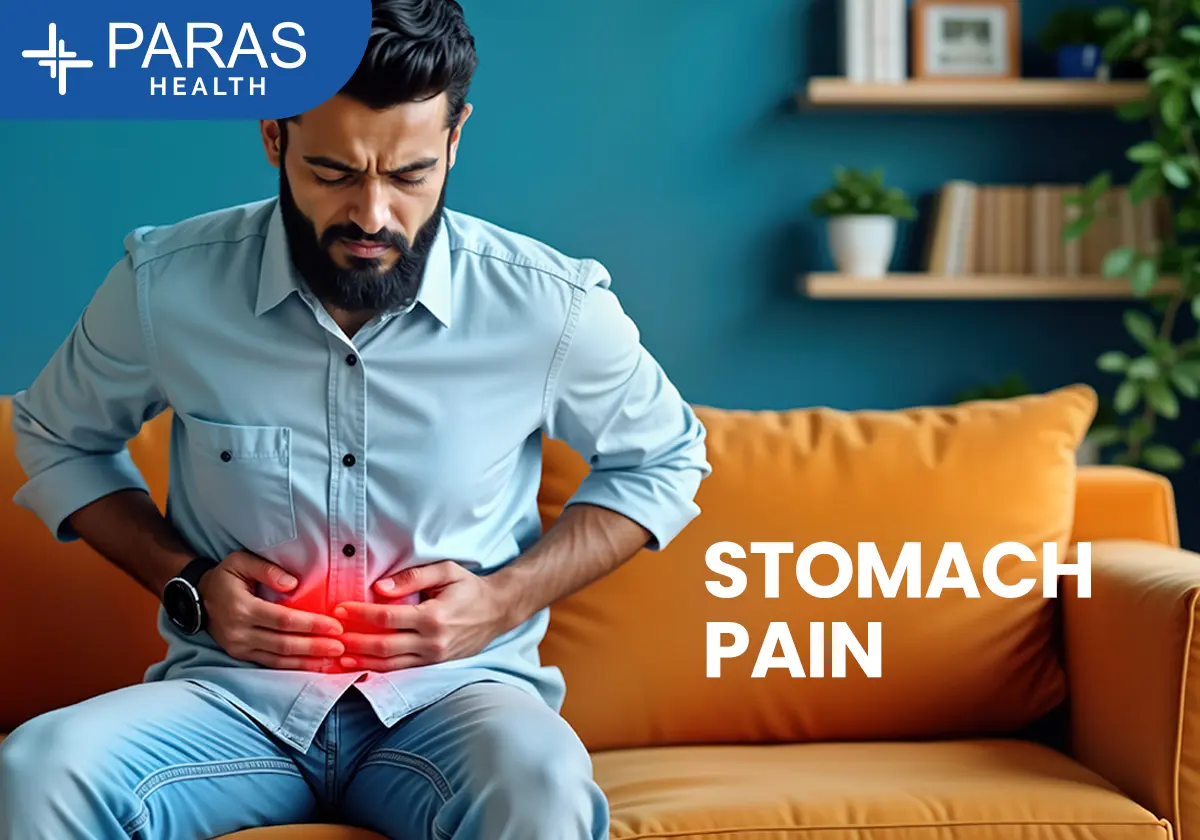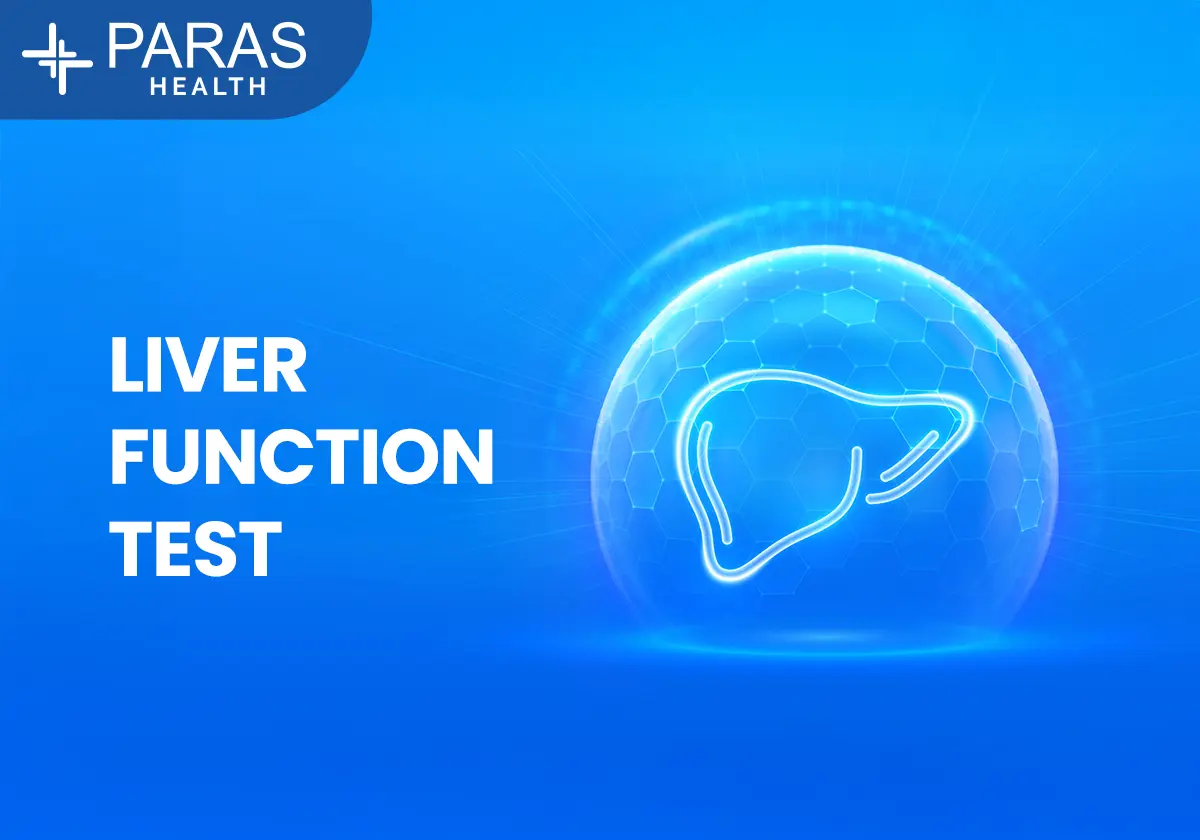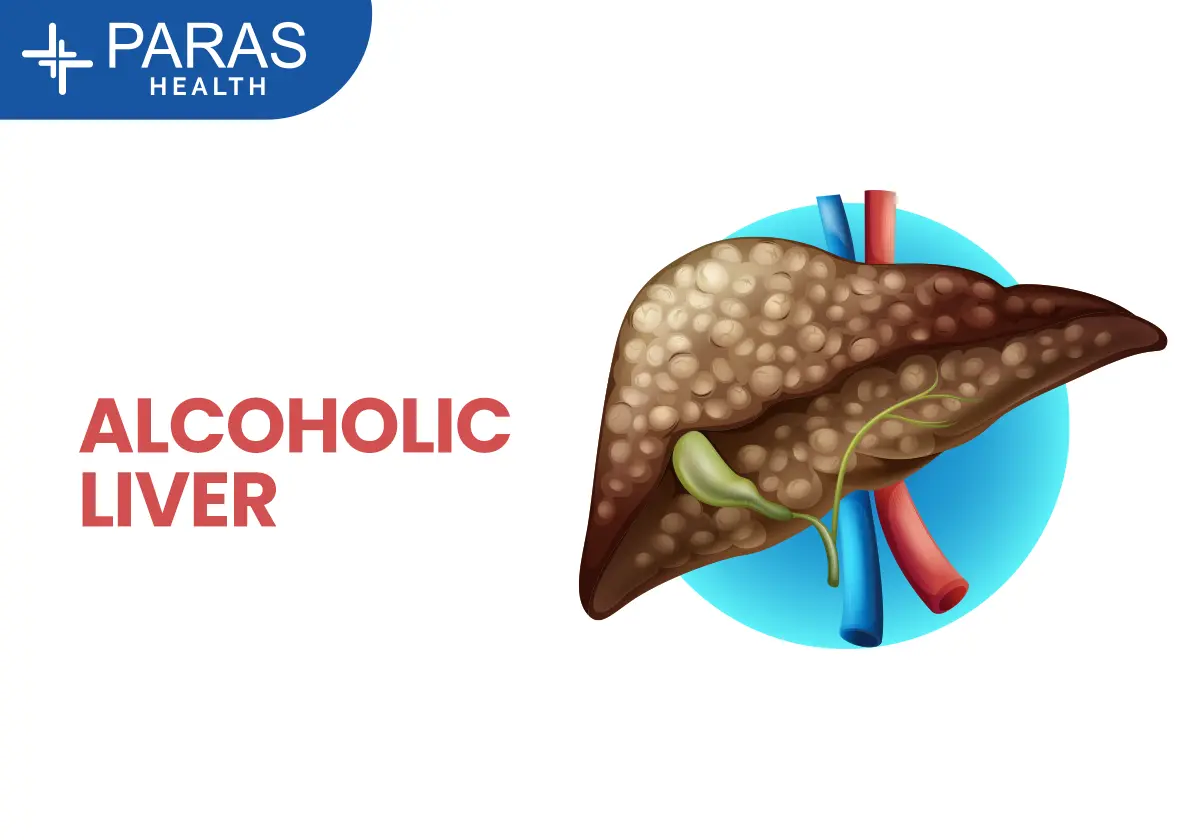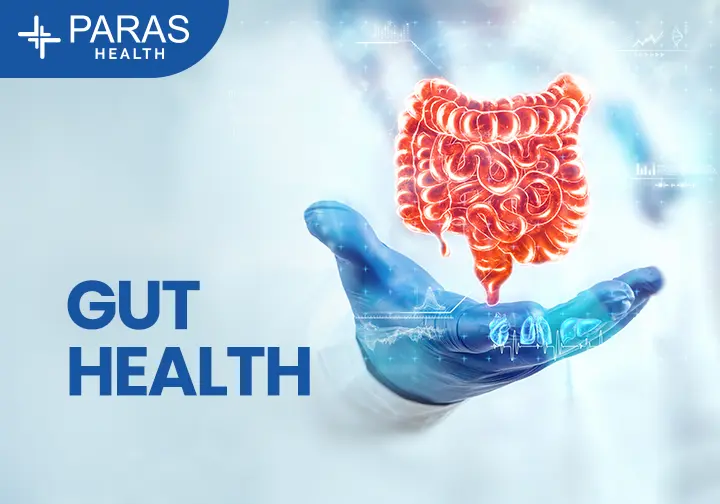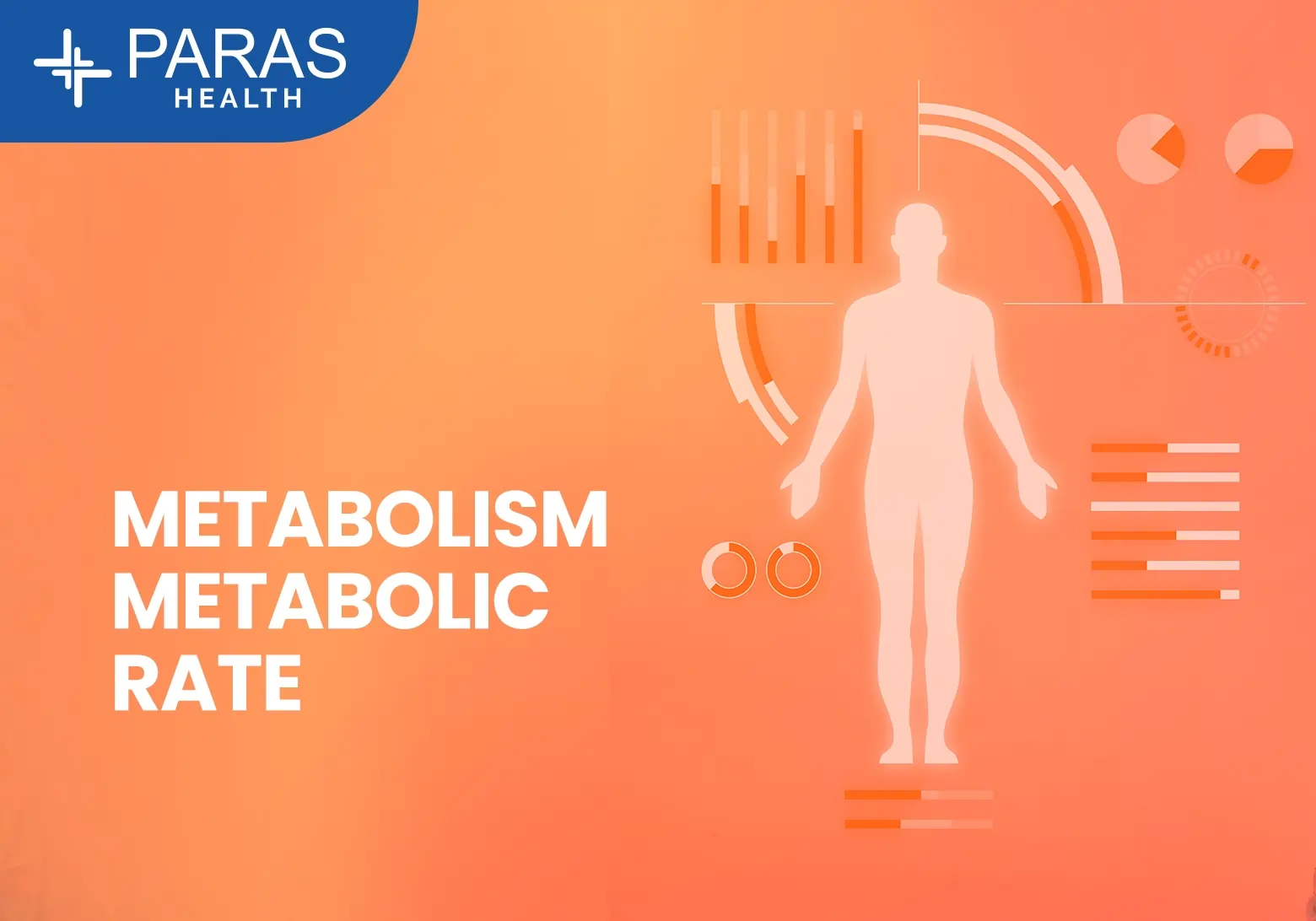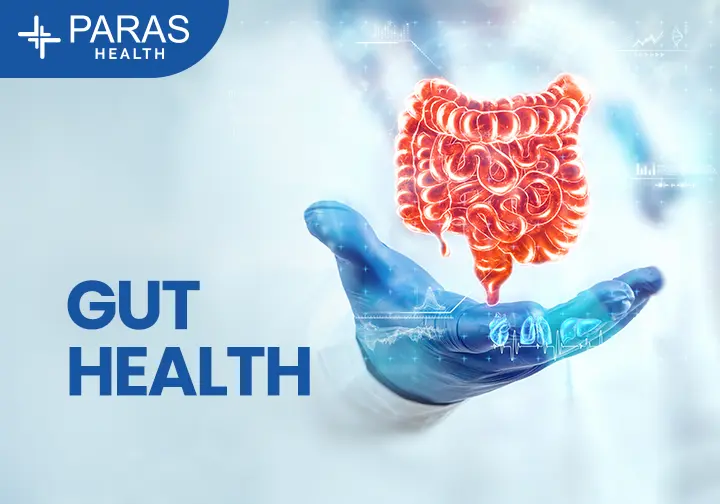Signs & Symptoms of Food Poisoning & When to See a Doctor
May 27, 2025
Food poisoning is a common but distressing illness that affects millions of people each year. It occurs when you consume food or drinks contaminated with harmful bacteria, viruses, parasites, or toxins. While most cases are mild and resolve within a few days, knowing the signs and symptoms of food poisoning — and more importantly, when to see a doctor — can help prevent complications and ensure a faster recovery.
In this guide, we’ll explore everything you need to know about food poisoning symptoms, causes, warning signs, and treatment options.
What is Food Poisoning?
Food poisoning, also known as foodborne illness, results from eating food that is contaminated with infectious organisms or their toxins. These contaminants may include:
- Bacteria: Salmonella, E. coli, Listeria, Campylobacter
- Viruses: Norovirus, Hepatitis A
- Parasites: Giardia, Toxoplasma
- Toxins: From improperly stored or prepared food
These harmful agents can enter your system through undercooked meat, raw eggs, unwashed vegetables, contaminated water, or even contact with infected surfaces.
Common Signs and Symptoms of Food Poisoning
How Soon Do Symptoms Start?
Food poisoning symptoms typically begin within a few hours to a few days after consuming contaminated food. The exact timing and severity depend on the type of infection.
General Symptoms of Food Poisoning
- Nausea and vomiting
- Watery or bloody diarrhea
- Abdominal cramps or pain
- Fever and chills
- Headache and muscle aches
- Loss of appetite
- Fatigue or body weakness
- Dehydration (dry mouth, sunken eyes, low urine output)
These are the early signs of food poisoning in adults. They may last anywhere from a few hours to several days.
Food Poisoning Symptoms in Children
Children, especially infants and toddlers, are more vulnerable to food poisoning and its effects. Their symptoms may include:
- Frequent loose stools
- Vomiting or spitting up
- Dry lips and mouth
- No tears when crying
- Sunken eyes or fontanelle (soft spot)
- Lethargy or irritability
If your child is showing symptoms of food poisoning, especially signs of dehydration, consult a pediatrician immediately.
Food Poisoning During Pregnancy
Pregnant women should take special care, as some infections like Listeria or Toxoplasma can lead to miscarriage, premature birth, or complications in the baby. Symptoms may include:
- High-grade fever
- Muscle pain or flu-like symptoms
- Diarrhea or vomiting
- Abdominal pain
Pregnancy-related food poisoning requires urgent medical evaluation, even if symptoms are mild.
Food Poisoning in Elderly Adults
Older adults are also at higher risk due to weakened immune systems. Symptoms may persist longer and lead to:
- Severe dehydration
- Confusion or fainting
- Kidney issues
Always seek timely treatment for food poisoning in seniors.
When to See a Doctor for Food Poisoning
While many cases of food poisoning resolve without medical help, you should see a doctor if you experience any of the following:
- Persistent diarrhea or vomiting (lasting more than 2–3 days)
- High fever (above 101.5°F or 38.5°C)
- Bloody stools or vomit
- Severe abdominal pain or cramping
- Signs of dehydration: dizziness, dark urine, dry mouth, extreme fatigue
- Inability to keep fluids down
- Recent travel history or food from outside sources
- You belong to a high-risk group — pregnant, elderly, young children, or immunocompromised
In such cases, don’t delay seeking care. Untreated foodborne illness can lead to kidney failure, long-term digestive issues, or systemic infections.
Diagnosis of Food Poisoning
If you visit a healthcare provider, they may perform:
- Physical examination
- Stool tests to identify bacteria, viruses, or parasites
- Blood tests for more severe cases
- Urine tests to assess dehydration levels
Treatment for Food Poisoning
Mild Cases
- Stay hydrated – Drink water, oral rehydration solution (ORS), coconut water, or clear broths
- Rest – Let your body recover naturally
- Eat bland foods – BRAT diet: Bananas, Rice, Applesauce, Toast
- Avoid dairy, spicy or oily food, and caffeine
Medical Treatment
- IV fluids for dehydration
- Antibiotics (only if a bacterial cause is confirmed, such as Salmonella or Shigella)
- Anti-nausea medication or antidiarrheal drugs (in specific cases and under supervision)
- Probiotics to restore gut flora
Avoid self-medicating — always consult a doctor, especially for children or elderly patients.
How to Prevent Food Poisoning
Here are simple food safety tips to avoid foodborne illnesses:
- Wash fruits and vegetables thoroughly
- Cook meat, poultry, and eggs to the right temperature
- Store leftovers in the refrigerator within 2 hours
- Use separate cutting boards for raw meat and vegetables
- Maintain hygiene in kitchen surfaces and utensils
- Avoid consuming food past its expiry date
- Drink clean, filtered water
- Reheat leftovers thoroughly before eating
These steps can drastically reduce your risk of food poisoning.
Where to Get Food Poisoning Treatment Near You
Looking for food poisoning treatment in nearby locations? At Paras Health, our team of gastroenterologists, internal medicine specialists, and emergency care doctors offer:
- Rapid diagnosis of foodborne illnesses
- IV hydration and electrolyte balance
- Antibiotic and antimicrobial therapies
- 24x7 emergency care for dehydration and serious symptoms
Whether it’s mild discomfort or severe infection, we’re here to guide your recovery.
📞 Call 8080808069 to consult our expert doctors or walk into the nearest Paras Health hospital.
Conclusion
Understanding the signs and symptoms of food poisoning can help you act quickly and avoid serious consequences. Most cases are manageable at home, but if symptoms persist or become severe, don’t hesitate to see a doctor.
With the right care and awareness, you can overcome food poisoning safely — and return to feeling your best.




